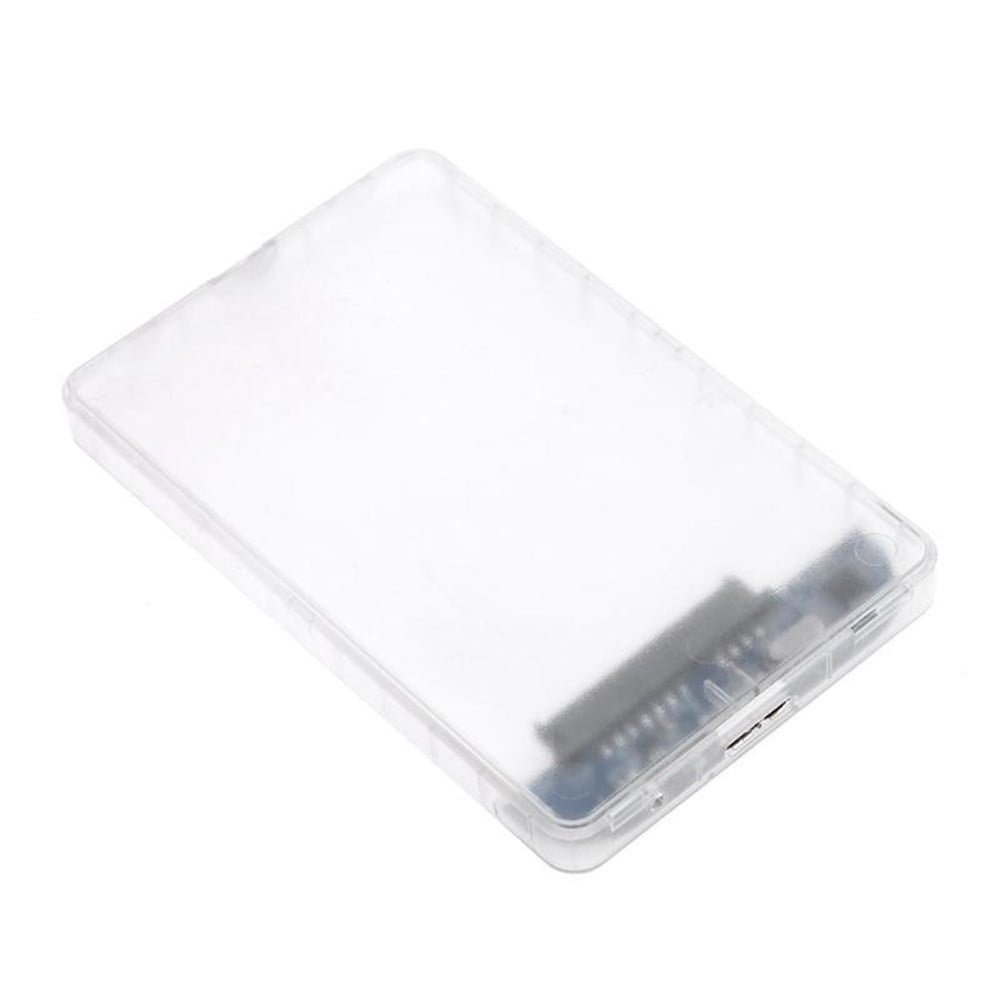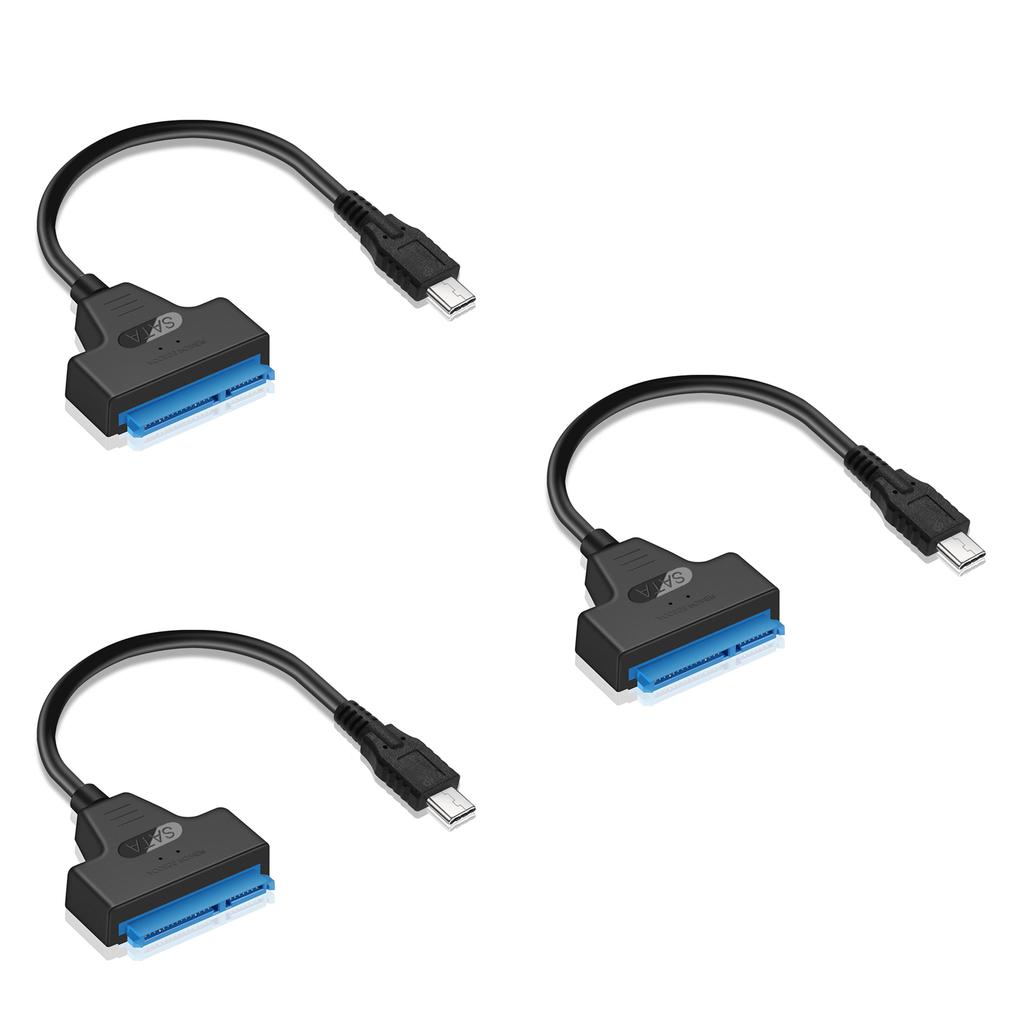
/yaootaweb-production-ke/media/crawledproductimages/166f1bf6ae6ec7b736443845e09722a0e40e6a18.jpg)
- #HARD DISK LED CLOCK HOW TO#
- #HARD DISK LED CLOCK PRO#
- #HARD DISK LED CLOCK SOFTWARE#
- #HARD DISK LED CLOCK CODE#
#HARD DISK LED CLOCK PRO#
Files can be exported in AAF format for compatibility with major workstation programs such as Nuendo, Pro Tools, and Logic.
#HARD DISK LED CLOCK SOFTWARE#
The unit has turn-key operation so you get all of the best features of a DAW without having to troubleshoot software issues. A built-in DVD burner is also included for backups and transfers to DVDs or CDs.

The unit records time-stamped Broadcast Wave Files to the internal 80GB hard drive. The easy-to-use interface features individual level meters for each of the 48 tracks and simple, intuitive controls for recording and playback. It supports up to 48 tracks of 24-bit/96kHz audio for recording and playback, and has versatile editing, mixing, and DSP functions.
#HARD DISK LED CLOCK CODE#
The source code is available here.The X-48 from Tascam is a high-quality desk or rack mount digital audio workstation. DiskLED should run on any Windows client or server operating system beginning with Windows XP.ĭiskLED is freeware.If you do not see any icon (nothing happens) after starting DiskLED: if you are running Windows 7 or Server 2008 R2 make sure that you have configured Explorer to show all icons in the system tray, or configure Explorer to show DiskLED’s icon.So, if you get the following error message when starting DiskLED “InitPDH: PdhAddCounter failed with: 0xc0000bb8” and the tool only displays a red exclamation mark in the system tray: double-click that exclamation mark and select a performance counter in your system’s language. Those settings are localized (they depend on the OS language). If it cannot find the INI file there, it uses built-in default settings. DiskLED looks for its configuration (INI) file in the folder where you put the executable.DiskLED is much more accurate than typical hardware LEDs.DiskLED runs from whatever location you put it in. It might be a good idea to have DiskLED start up automatically when logging on to Windows.Once you are satisfied with the configuration, check “Update the INI file” and then click on apply or OK.The new settings take effect immediately. If you just want to play around with performance counters, do not check “Update the INI file” but click on apply instead.In case of “Current Disk Queue Length” that would be 2 (on systems with one hard disk, no RAID etc.).

You tell it by entering the appropriate maximum value corresponding to 100% utilization. DiskLED has no way of knowing which queue length value is low, and which value is high. That counter returns the number of requests for disk activity currently on hold because the disk is busy. Let us say you chose the counter “Current Disk Queue Length”.
#HARD DISK LED CLOCK HOW TO#
It might also be a good idea to tell DiskLED how to interpret the values from the selected performance counter.Configure other settings, such as the icon to display.This validates the selection and writes the resulting performance counter path into the dialog box below.

The default is _Total (sum of all disks).


 0 kommentar(er)
0 kommentar(er)
